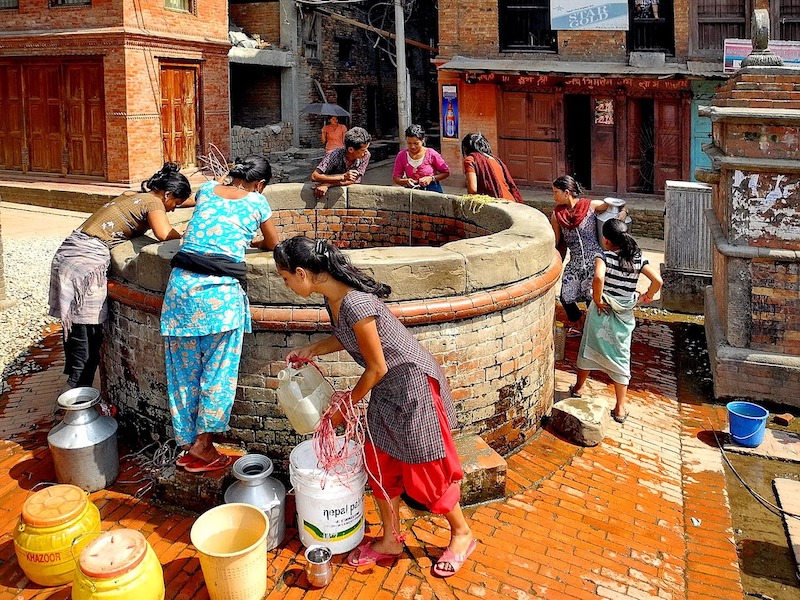Saturday 27th July 2024

The South Asian Women Development Forum (SAWDF), in partnership with TATA Project Limited, India has called for a massive safe drinking water project in Nepal.
The project named ‘Creating Women Run Enterprises for Marketing Safe Drinking Water’ was launched at a special ceremony in Kathmandu on May 08, 2019.
SAWDF informed that the project is a replica of the successful Tata Water Project through its cutting-edge technologies.
Tata Water Project holds a record of serving 18 billion liters of safe drinking water to around 3 million people and has generated around 1,000 women entrepreneurs in India in the last 10 years.
Speaking on the occasion, Nepali Minister for Water Supply Bina Magar said the project gives due encouragement to women entrepreneurship in Nepal.
“This initiative is not only going to help in establishing women enterprises and creating employment opportunities for women. It has also reinforced the importance of women’s intervention in production and national economy,” says Magar.
Explaining about the project, SBU Head at Tata Project Ltd HE Kutty said the project aims at providing safe drinking water supply to rural and remote areas of Nepal.
Under the project, the company will first carry out an assessment in the targeted locations and further train local women entrepreneurs to take up the project.
According to SAWDF President Pramila Acharya Rijal, this is a five-year project, and the first phase will see the establishment of around 200 women-run water enterprises in Nala and Panauti as pilot projects in the first two years period.
“There are over 6,000 rivers in Nepal. We are facing a shortage of drinking water. Only 85 percent of the population has access to water,” says Pramila.
She further informed that SAWDF will take care of the project business plan, identification of targeted areas, marketing and expansion of the business model.
In its support to the project, Rastriya Banijya Bank (RBBL) takes the responsibility of providing concessional financing to women enterprises under its subsidized interest rate scheme to promote women entrepreneurship.
“I request you to expand this business to other parts of the country. I assure you that banking institutions like us are willing to finance such enterprises. However, you have to guarantee that the loans are repaid,” adds Kiran Kumar Shrestha, CEO of RBBL.
Hope the project will enhance access to safe drinking water in Nepal, thus addressing basic infrastructure needs.